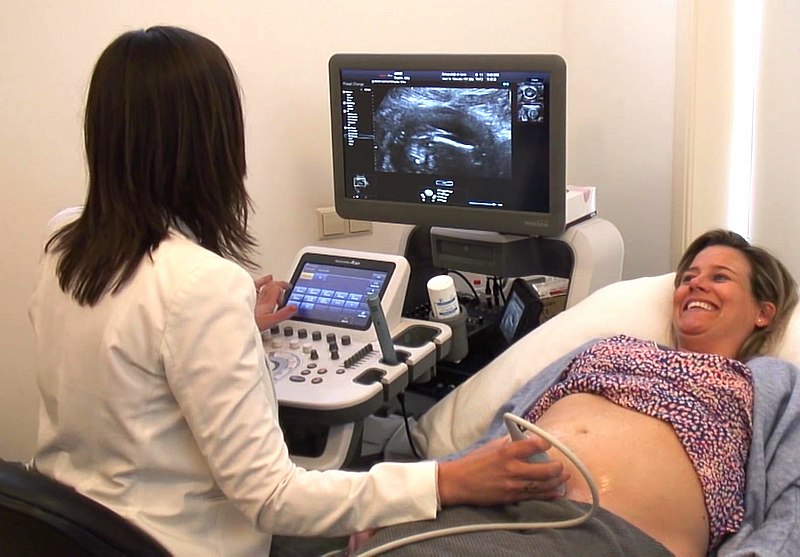 |
| ▲ Pregnant women are regularly tested before giving birth (photo: Max Max Pixel) |
Pregnant women are eating healthy food for the health of the fetus and pay attention to their movements. I also visit the hospital here and regularly check up. Prenatal tests that can take care of the health of the mother and the fetus, but there are pregnant women who worry about the cost. Let's look at the advantages and the importance of the prenatal screening in this article.
Prenatal testing: basic information and importance
Prenatal testing refers to the medical examination that a pregnant woman receives during pregnancy. For each screening, the gynecologist checks the health of both the mother and the fetus. It is important for pregnant women to go to the hospital to be examined without being taken out regardless of the physical status of the examination day.
Early antenatal screening and periodic regular screening will allow the doctor to detect possible complications immediately and take immediate action to maintain healthy pregnancy. It helps to keep the fetus healthy throughout the pregnancy. Babies who have completed the time of their pregnancy spend about 39 to 40 weeks in the mother's body. This period is very important because there is time for the fetus to develop in the womb.
It is the responsibility of the mother to tell the doctor all details of the pregnancy status. The doctor should know all the changes and outliers that the mother feels or observes. The doctor will ask questions such as family, spouse, and so on. However, doctors do not have to worry because they must adhere to the strengths of the behavior that keeps the patient's medical information confidential.
Frequency of prenatal testing
The frequency of these regular surveys may vary depending on how the physician is scheduling. However, in most cases, the mother is following the pregnancy cycle. It is appropriate once a month for the 4th to 28th weeks of pregnancy. And you have to take a regular examination twice a month for 28 ~ 36 parking. 36 to 41 weekly requires one regular examination per week.
If you have complications during pregnancy, your doctor may schedule multiple screenings rather than regular routine screening. In this case, it is good to accompany your spouse, family, or friend you trust. An acquaintance close to the mother can help and understand the doctor's counsel.
 |
| One of the things a mother needs to prepare for childbirth is regular prenatal testing (photo = ⓒWiki Media Commons) |
The first prenatal test
It takes the longest time for initial examination. Your doctor will ask about your medical history including your family and your spouse. And a physical examination to assess the overall health condition. Check your mother's height, weight, and other important details and tell you the ideal weight you need to keep during pregnancy.
Then, blood tests and urine tests will be performed and blood pressure will be measured. Blood tests can identify infection symptoms such as hepatitis B, HIV and syphilis, blood type, Rh factor, and anemia. Rh factor means the essential protein in red blood cells. If there is a deficiency in the mother, Rh disease may be induced in the fetus. Fortunately, however, prenatal testing can prevent Rh disease. On the other hand, the urine test can confirm diabetes, cystitis, nephritis and preeclampsia.
Smear tests (cervical cancer tests) and pelvic examinations will also be conducted. The pelvis is an external structure of the uterus and is an important organ in pregnancy and childbirth. During the smear test, cells will be harvested from the cervix of the mother to check for infection such as gonorrhea and chlamydia. The cervix refers to the part of the reproductive system that lies between the uterus and the vagina.
Doctors can prescribe vitamin supplements for pregnant women only. There are many kinds of multivitamins that are developed for pregnant women on the market. Vitamins for pregnant women must include 600 mg of folic acid. Folic acid is a necessary vitamin for cell growth and development. Folate must be taken to prevent fetal brain, spinal and oral defects.
Mothers know the best protection for the baby to be born. With the help of your primary care physician and other medical professionals, you should maintain good health and developmental conditions. Periodic prenatal testing is the first step.
 |
| ▲ Mothers may receive flu shot at the regular checkup (photo: ⓒ Pixar Bay) |


